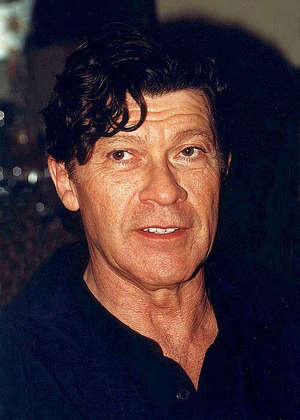
Robbie Robertson, the Toronto-born guitarist and songwriter behind The Band, helped shape the sound of modern rock with a mix of Canadian roots and Southern soul.
July 5th. marks the birthday of Robbie Robertson, the iconic Canadian guitarist, songwriter, and co-founder of The Band. Born in Toronto in 1943, Robertson played a major role in reshaping rock music during the late 1960s and 70s by mixing folk, blues, gospel, and country into a fresh and distinctive sound. Though he passed away in 2023 at the age of 80, his impact on music continues to resonate.
Robertson’s early exposure to music came through his mother’s Mohawk and Cayuga heritage, which sparked his interest in storytelling and rhythm. As a teenager, he joined Ronnie Hawkins and the Hawks, a group based in Arkansas. That’s where he met Levon Helm, Rick Danko, Garth Hudson, and Richard Manuel. They would later break off and become The Band.
Although Robertson was born in Canada, his music was heavily shaped by the blues and roots traditions of the American South. That blend of influences became a defining feature of The Band’s sound. Their major break came in the mid-1960s when they backed Bob Dylan on his groundbreaking electric tour. Soon after, they emerged on their own with their first album, Music from Big Pink (1968), which was recorded in a pink house in upstate New York.
The album was a quiet revolution. At a time when psychedelic rock dominated the charts, The Band brought music back to its roots. Songs like “The Weight” and “I Shall Be Released” felt timeless. Robertson wrote many of their most enduring tracks, including “Up on Cripple Creek,” “The Night They Drove Old Dixie Down,” and “It Makes No Difference.” His lyrics often told vivid stories about ordinary people, with deep emotional weight and historical themes.
Robertson was the primary songwriter in the group, though The Band worked as a collective. Their chemistry was special—five musicians who could each sing, play multiple instruments, and bring a sense of honesty to their performances. Together, they influenced generations of musicians, from Eric Clapton to The Grateful Dead, and later artists like Mumford & Sons.
In 1976, Robertson organized The Last Waltz, a farewell concert for The Band held in San Francisco. Directed by Martin Scorsese, it featured guests like Neil Young, Joni Mitchell, Van Morrison, and Bob Dylan. The concert film is now considered one of the best music documentaries ever made. It also marked the end of the original lineup, though Robertson would go on to have a long solo career and continued collaborating with Scorsese on film soundtracks for decades.
Beyond the stage, Robertson stayed connected to his Indigenous roots. In his later years, he spoke more openly about his Mohawk identity and the influence it had on his music. In 2019, he released Sinematic, his final studio album, and was working on music for the Scorsese film Killers of the Flower Moon shortly before his death.
Robbie Robertson left behind a body of work that helped shape modern rock and folk music. His storytelling, guitar style, and vision made him a key figure not only in Canadian music history, but in the evolution of rock itself. Today, on what would have been his 82nd birthday, we remember an artist who helped define an era—and whose songs still carry weight.
Sources:
• “Testimony” by Robbie Robertson (2016)
• The Canadian Encyclopedia
• Rolling Stone Magazine archives
• CBC Music: Robbie Robertson retrospective (2023)
• Rock & Roll Hall of Fame biography
Image: This file is licensed under the Creative Commons Attribution-Share Alike 2.0 Generic license.
Kingkongphoto & www.celebrity-photos.com from Laurel Maryland, USA
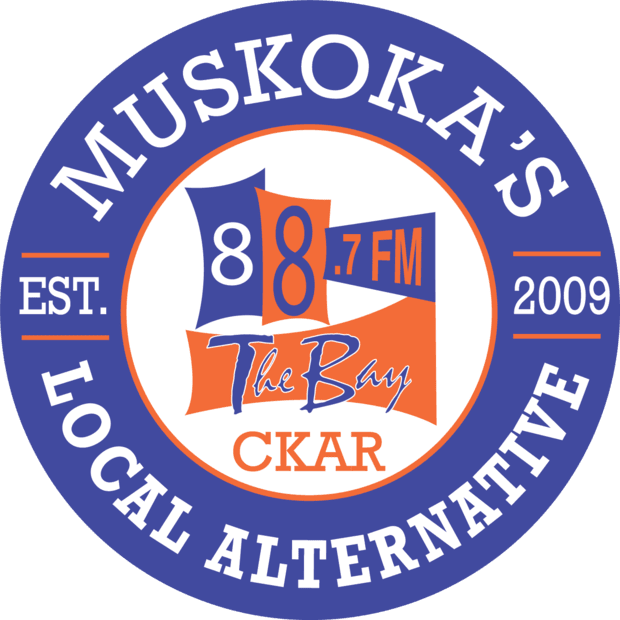


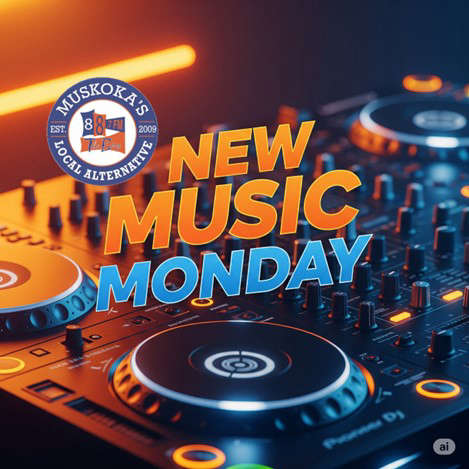 New Music Monday: Five Tracks that look to the return of the sun
New Music Monday: Five Tracks that look to the return of the sun
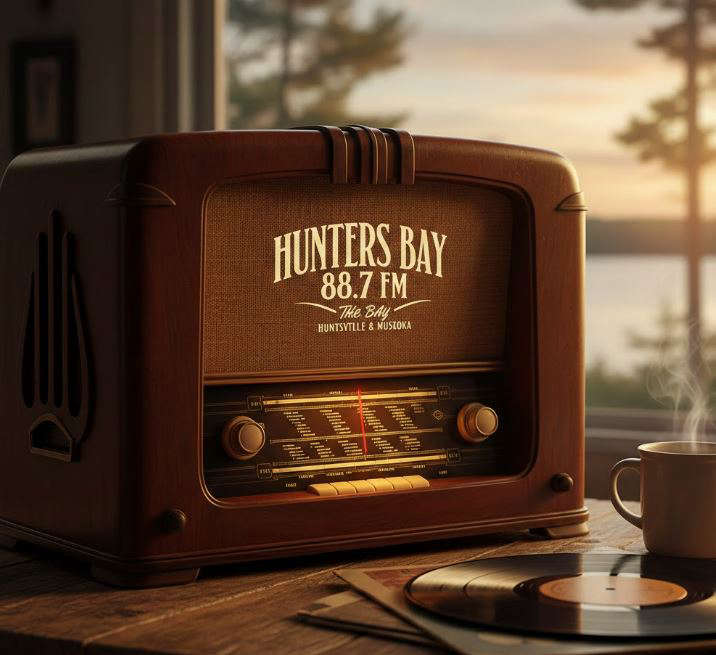 World Radio Day - Radio's Enduring Power: Past, Present, Future
World Radio Day - Radio's Enduring Power: Past, Present, Future
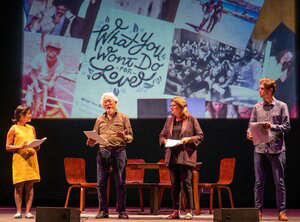 Huntsville Festival of the Arts to Feature David Suzuki in Hybrid Theatre Performance
Huntsville Festival of the Arts to Feature David Suzuki in Hybrid Theatre Performance
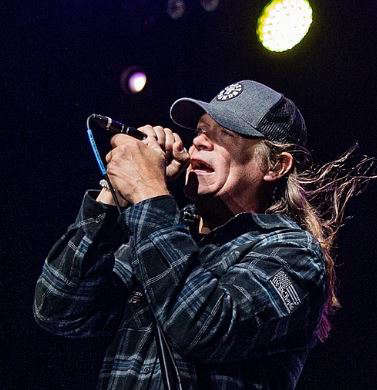 Mississippi Rock Legend Brad Arnold, Voice of 3 Doors Down, Dies at 47
Mississippi Rock Legend Brad Arnold, Voice of 3 Doors Down, Dies at 47




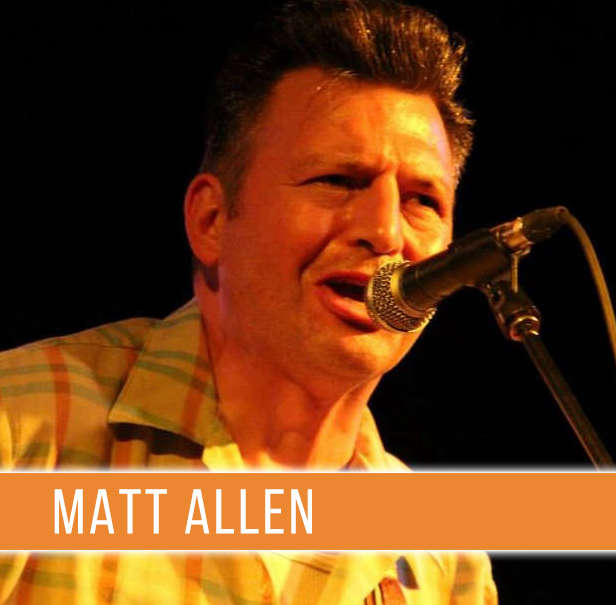

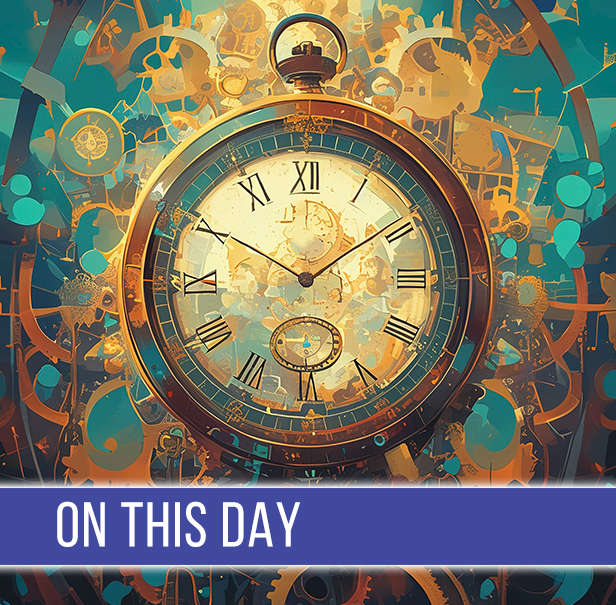

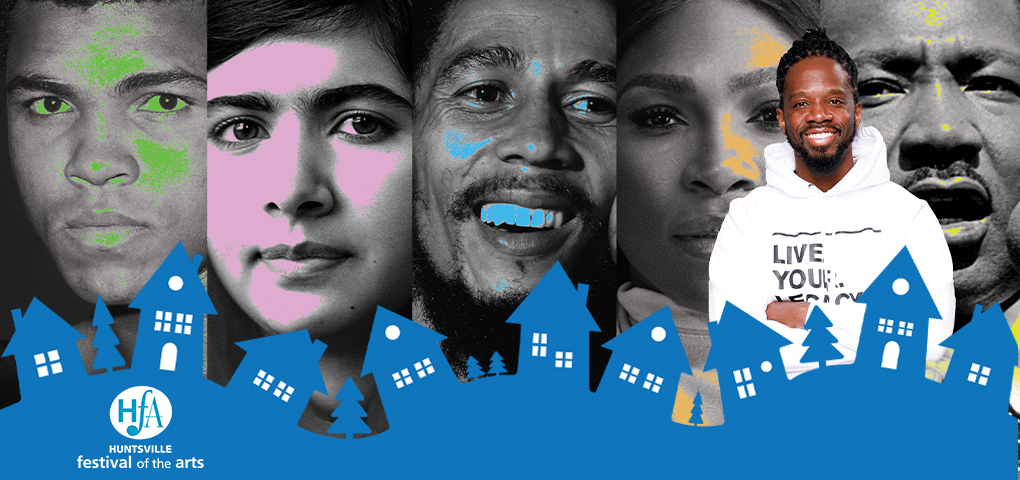

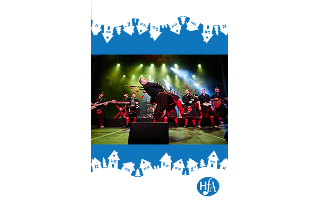

Comments
Add a comment